Unveiling the Mystery: What Does Specific Gravity Tell Us About Our Urine?
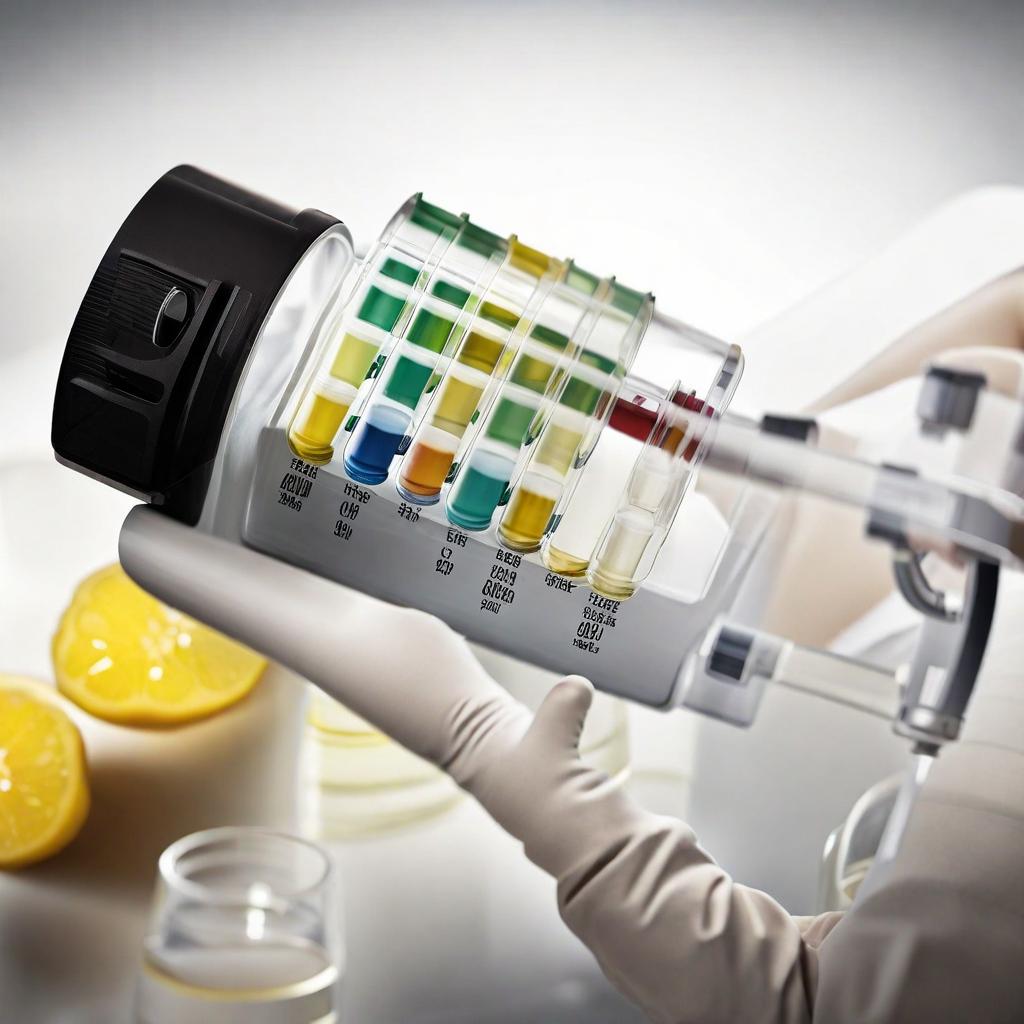
Have you ever wondered what that little number scrawled on your urinalysis results means? If you’ve seen “specific gravity” listed, you’re not alone. This seemingly cryptic measurement holds more clues about your health than you might think. Buckle up, biology detectives, as we delve into the fascinating world of specific gravity and discover its role in deciphering the undisclosed things of your urine!
Table of Contents
The Density Dance: Comparing Urine to Water
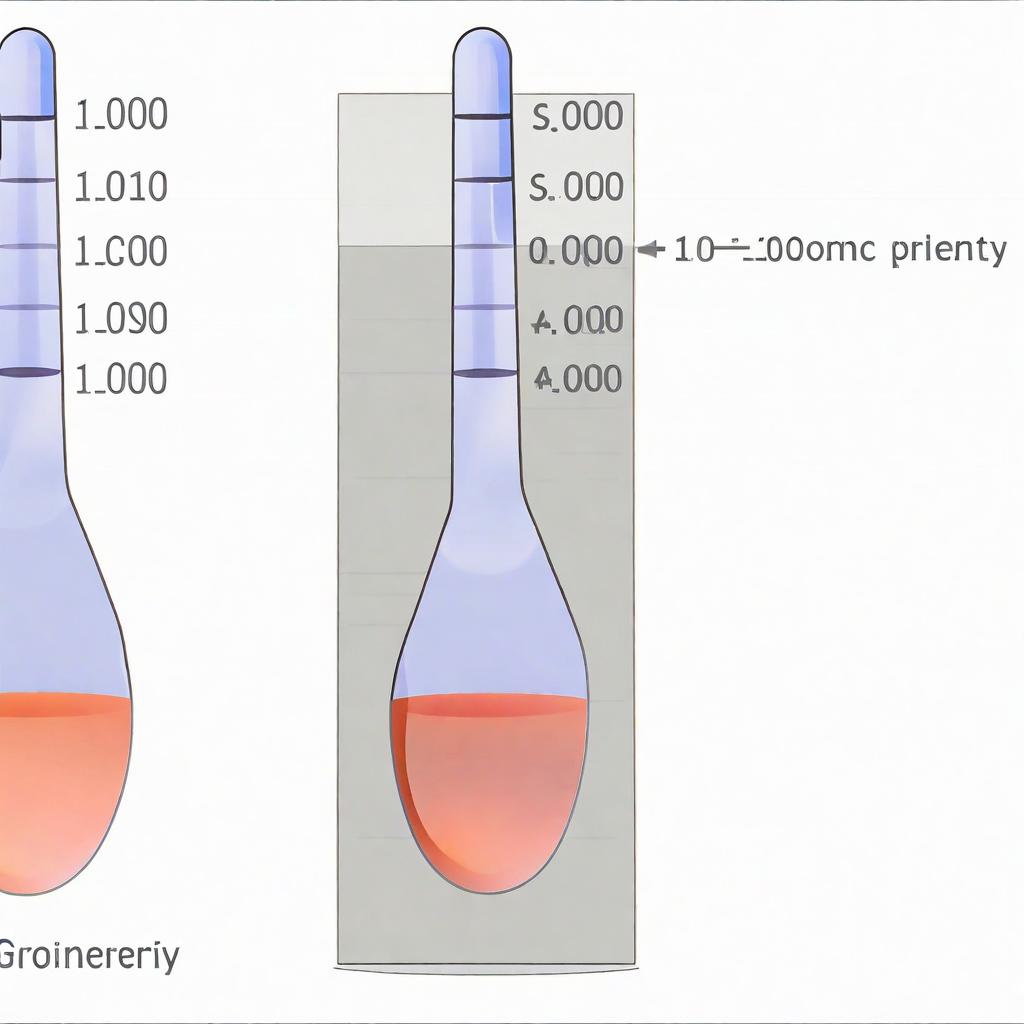
Specific gravity (SG) simply compares the density of your urine to the density of water. Water, our trusty baseline, has an SG of 1.00. Anything above 1.00 means your urine is denser than water, and anything below indicates it’s less dense. But why does this density matter?
Hydration Hero: The Story Behind the Numbers
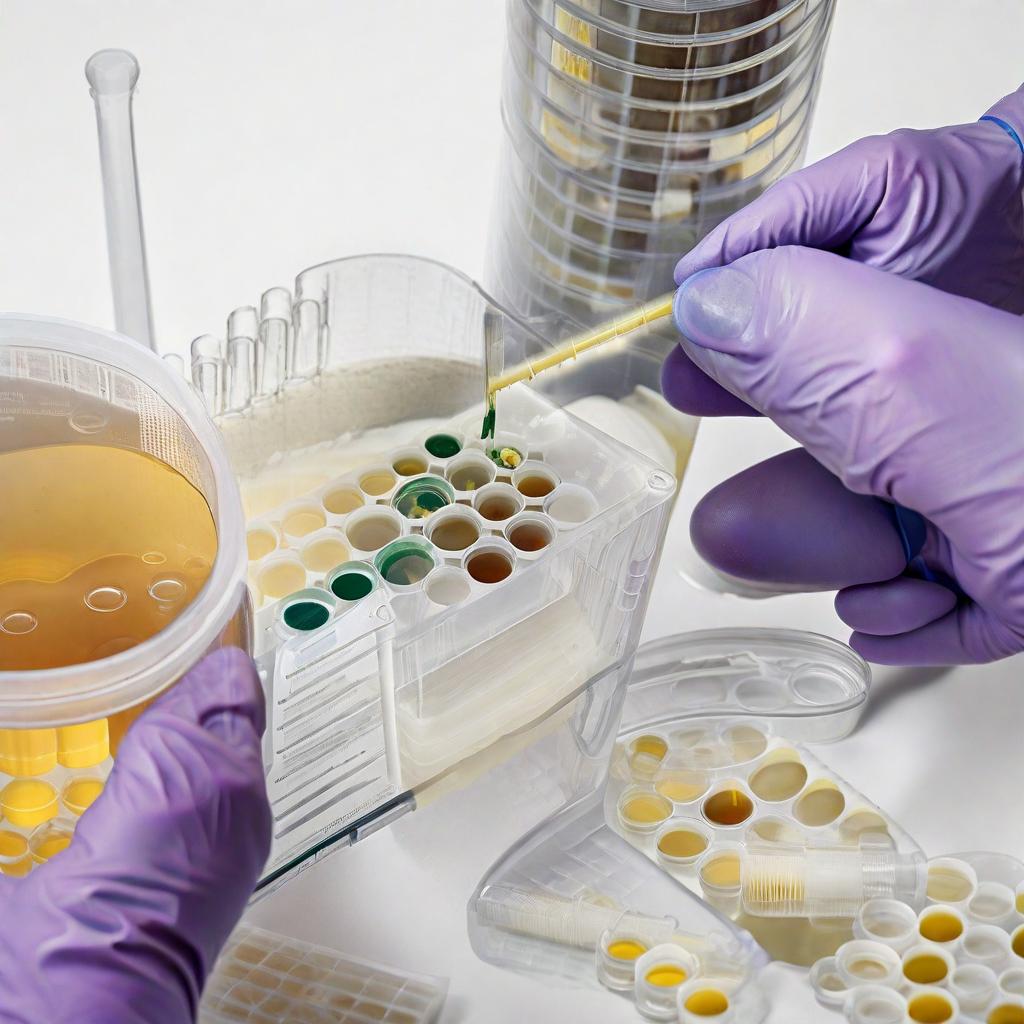
Imagine your urine as a storybook. A higher SG, like a thicker plot, tells us you’re likely dehydrated. Your body is conserving water, concentrating those tiny story elements (solutes) into a smaller volume of urine. Conversely, a lower SG, like a breezy narrative, suggests you’re well-hydrated, diluting those solutes in a larger volume of urine.
Beyond Hydration: A Window into Health
While hydration is a key player, specific gravity can also hint at underlying health conditions. Here’s a peek at what different ranges might reveal:
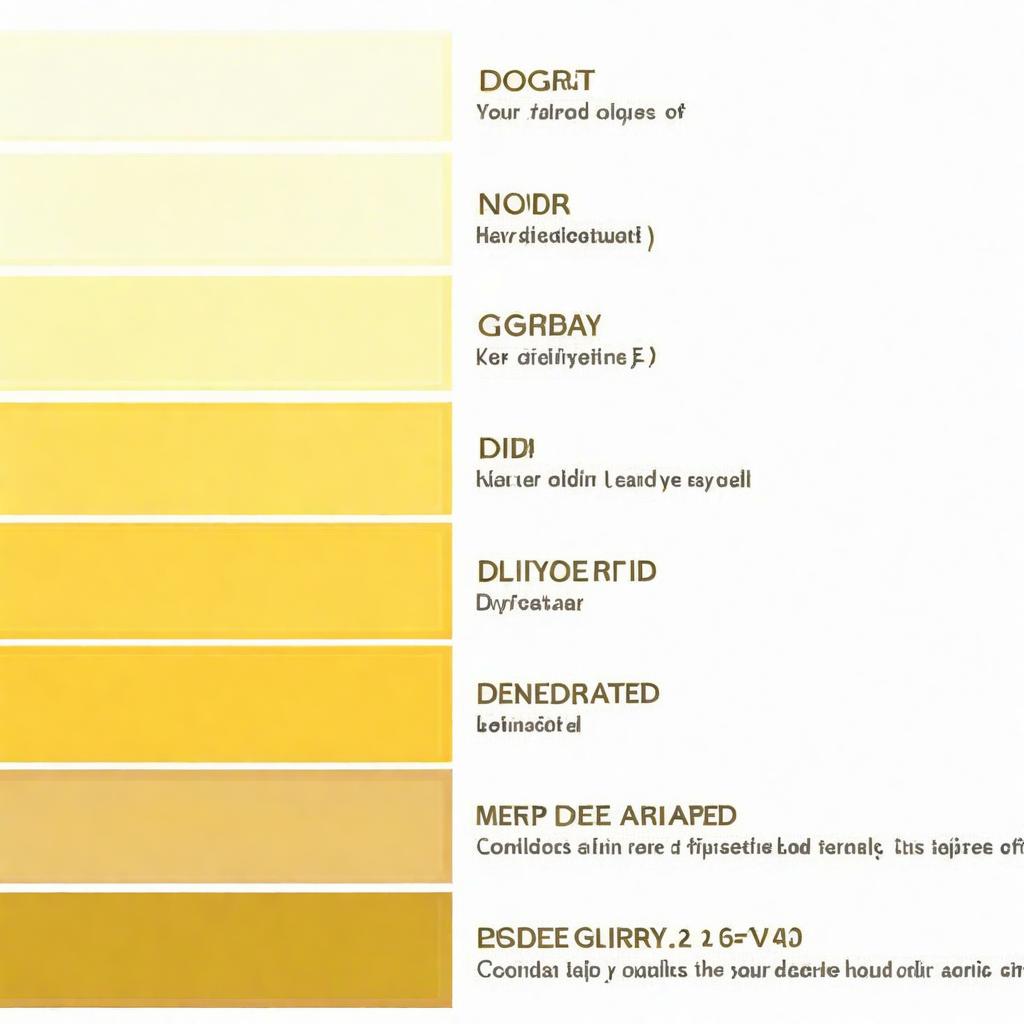
1.000-1.030: This “normal” range indicates good hydration.
Above 1.030: This higher SG could suggest dehydration, but also kidney disease, diabetes, or other conditions.
Below 1.000: This lower SG might indicate overhydration, but also diuretic use, diabetes insipidus, or kidney problems.
Remember, specific gravity is just one piece of the puzzle. A complete urinalysis nd other medical informatiopaints a clearer picture of your health.
The Power of Knowing: Why Monitoring Specific Gravity Matters
Understanding your specific gravity can empower you to:
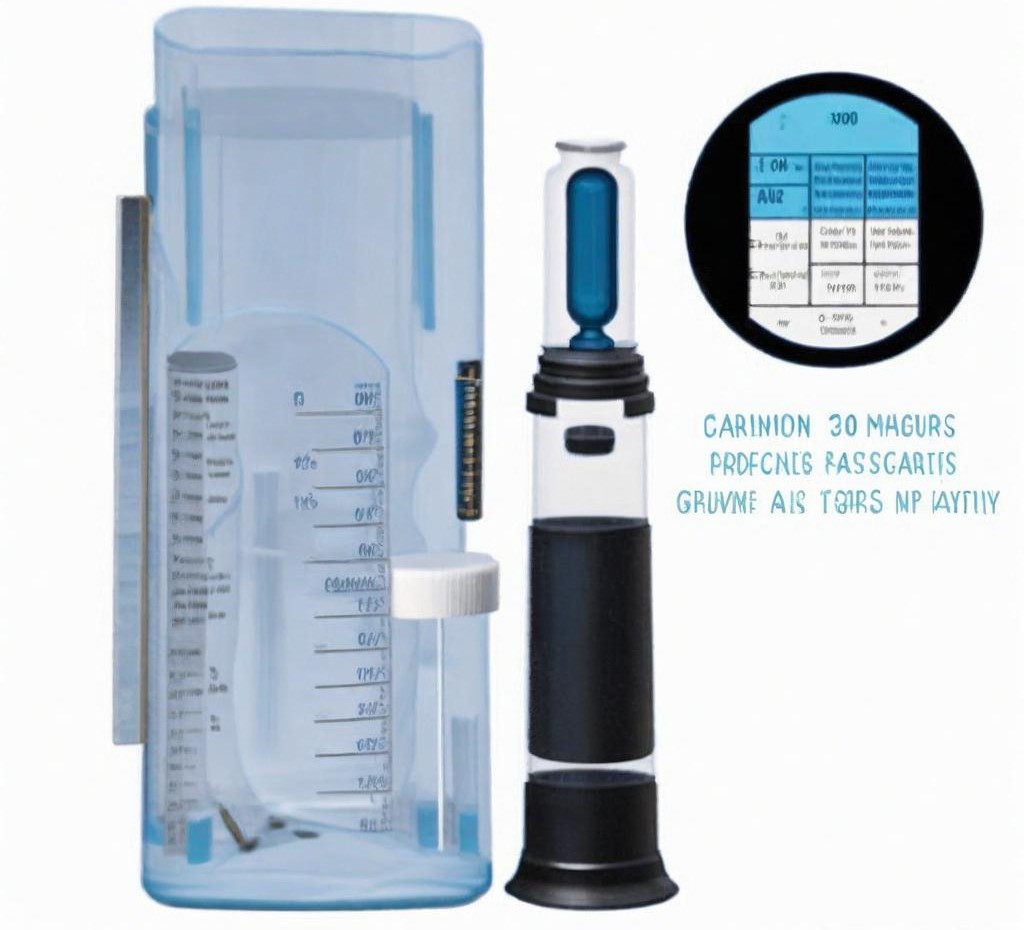
Stay hydrated: Track your SG to ensure you’re drinking enough water, especially during hot weather or intense exercise.
Monitor chronic conditions: If you have diabetes or other conditions affecting hydration, regular SG checks can provide valuable insights.
Seek timely medical attention: If your SG consistently falls outside the normal range, consult your doctor to rule out underlying health issues.
Decoding the Mystery: Tools for Tracking Specific Gravity
Curious about your specific gravity? Here are some options:
Urinalysis at the doctor’s office: This provides the most accurate measurement.
Home urine test strips: These over-the-counter strips offer a simpler, yet less precise, approach.
Hydration tracking apps: Some apps can estimate your hydration based on your water intake and activity level, giving you a general idea of your SG.
Remember, knowledge is power! By demystifying the measurement of specific gravity, you can take control of your hydration and gain valuable insights into your overall health. So, the next time you encounter this enigmatic term, equip yourself with this newfound knowledge and unlock the undisclosed things hidden within your urine!
Disclaimer:
This article is for informational purposes only and should not be construed as medical advice. Always consult a qualified healthcare professional for any concerns about your health or before making any changes to your healthcare routine.
